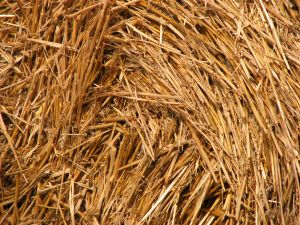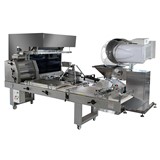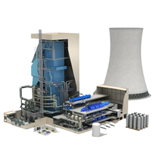Being launched in Canberra, the A$8.3 million CSIRO Energy Transformed Cluster on Biofuels will develop new processes using enzyme biotechnology techniques to produce liquid fuels from waste plant feedstocks with the potential to provide 30 per cent of Australia’s future transport needs.
Transport is the third largest producer of greenhouse gas emissions in Australia after the electricity industry and agriculture.
According to the Director of CSIRO’s Energy Transformed Flagship Dr Alex Wonhas, sustainable biofuels can significantly reduce emissions from transport, strengthen energy security and create new business opportunities.
"Second-generation biofuels that are produced from agricultural waste could potentially be a cost competitive, low-carbon fuel that will keep our cars on the road and planes in the sky," Dr Wonhas said.
"As oil supplies decline and petrol prices soar, alternatives such as biofuels could become economically very attractive.
"The Cluster on Biofuels brings together a unique group of leading Australian and international scientists to develop new and competitive solutions for sustainable biofuel production which should position domestic companies for global success."
The three-year collaboration between CSIRO's Energy Transformed Flagship and the Australian National University (ANU), RMIT University, the University of Queensland and the University of Manchester in the UK, will deploy cutting-edge biological methods to produce liquid transport fuels and other valuable chemical products from the cellulose and lignin solids of waste plant material.
Cluster Leader, ANU Professor Chris Easton, said the expertise and complementary skills in the Cluster will combine to develop new processes for generating biofuels in a sustainable way.
"We are confident this unique team of enzyme engineers, energy biotechnologists, microbial systems biologists and energy crop biotechnologists will engineer enzymes which can convert plant waste into alternative fuels, adding greater value to plant crops at the same time," Professor Easton said.
"These alternative fuels will be low-carbon because as much carbon will be taken out of the atmosphere when they are produced, as is released back when they are used."
The Cluster received A$3.7 million through the CSIRO Flagship Collaboration Fund –established to enable the skills of the wider Australian and global research community to be applied to the major national challenges targeted by CSIRO’s Flagship research program.













-160x160-state_article-rel-cat.png)














